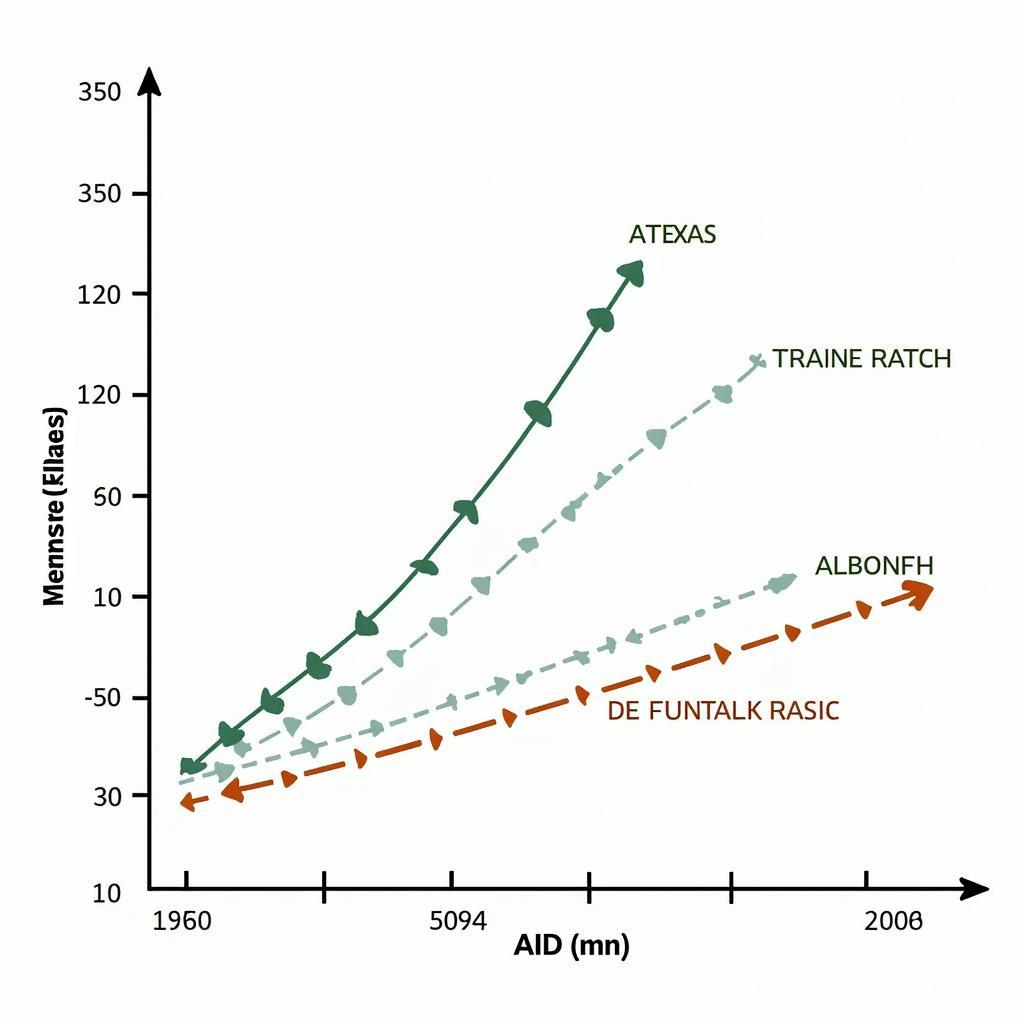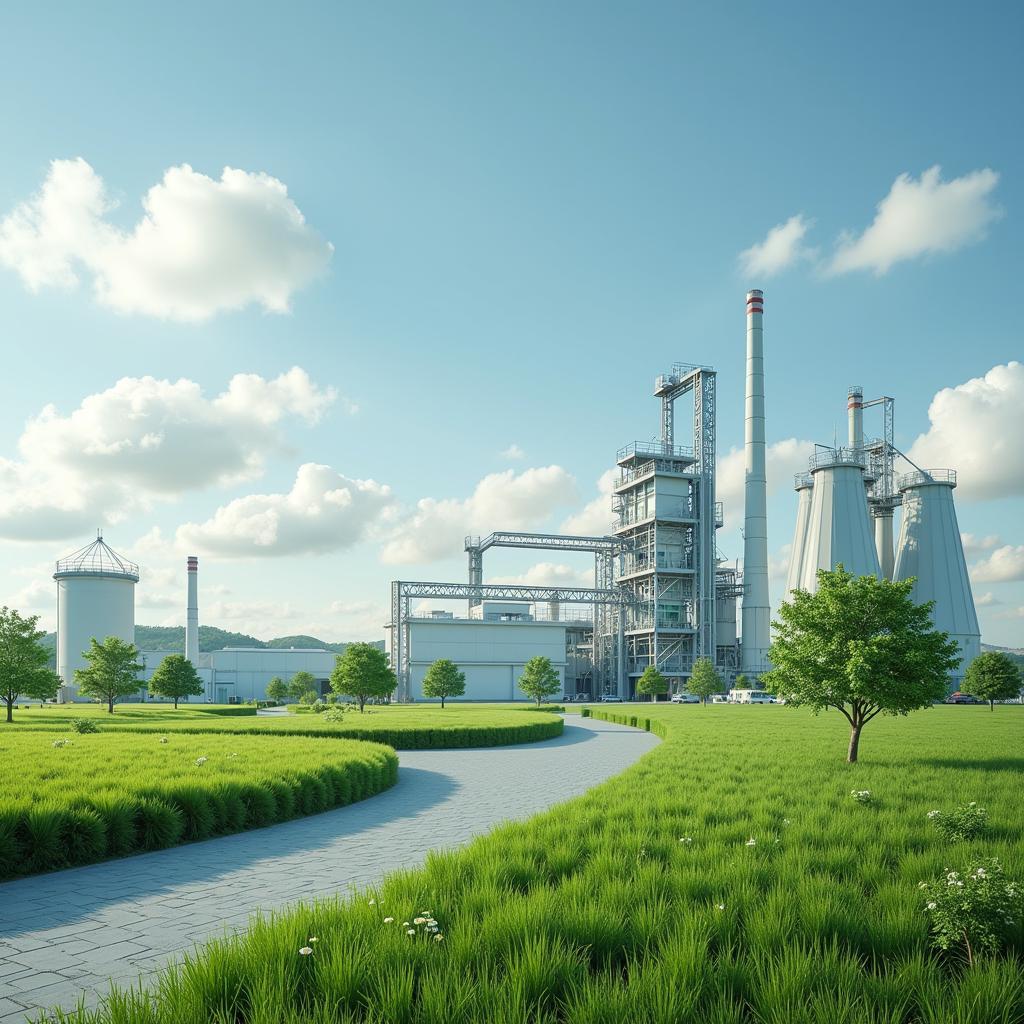The Asean Ascc Council, also known as the ASEAN Socio-Cultural Community Council, plays a crucial role in fostering cooperation and integration within the ASEAN region. This article delves into the intricacies of the ASCC, its objectives, and its impact on the diverse socio-cultural landscape of Southeast Asia.
What is the ASEAN ASCC Council?
The ASEAN Socio-Cultural Community (ASCC) Council is one of the three pillars of the ASEAN Community, alongside the ASEAN Political-Security Community (APSC) and the ASEAN Economic Community (AEC). Established in 2009, the ASCC aims to build a people-centered ASEAN, focusing on social development, environmental sustainability, and cultural exchange. The ASCC Council oversees the implementation of the ASCC Blueprint, a comprehensive document outlining the community’s goals and strategies. This council guides the diverse initiatives and programs that contribute to the overall social and cultural development of the ASEAN region. Think of it as the steering wheel guiding the ASCC towards its vision of a united and prosperous Southeast Asia.
asean a community of opportunities
The Key Objectives of the ASEAN ASCC Council
The ASCC Council’s efforts revolve around three main pillars: social development, environmental sustainability, and cultural exchange. These pillars are interconnected and designed to address crucial issues impacting the lives of ASEAN citizens.
Social Development: Building a Resilient Community
The ASCC Council prioritizes improving the well-being of ASEAN citizens by focusing on poverty eradication, equitable access to quality education and healthcare, and promoting social protection programs. These initiatives are vital for building a resilient community capable of withstanding challenges and ensuring a better future for all. What does this mean for individuals? It means greater access to opportunities, improved quality of life, and a stronger sense of community.
Environmental Sustainability: Protecting Our Shared Resources
Recognizing the importance of environmental protection, the ASCC Council promotes sustainable development practices and regional cooperation to address climate change, biodiversity loss, and other environmental challenges. This involves developing strategies for resource management, promoting eco-tourism, and raising awareness about environmental issues. Protecting our environment is not just a responsibility; it’s an investment in the future of Southeast Asia.
Cultural Exchange: Celebrating Diversity and Fostering Understanding
The ASCC Council actively encourages cultural exchange programs, artistic collaborations, and interfaith dialogues to promote understanding, tolerance, and appreciation of the rich cultural diversity within ASEAN. This includes initiatives to preserve traditional arts and crafts, support cultural festivals, and foster cultural tourism. By celebrating our differences, we build stronger bonds and create a more vibrant and interconnected region.
How Does the ASEAN ASCC Council Operate?
The ASCC Council comprises Ministers responsible for socio-cultural affairs from each ASEAN Member State. It meets regularly to discuss progress on ASCC initiatives, review policies, and make decisions on future directions. The Council works closely with various ASEAN sectoral bodies, civil society organizations, and other stakeholders to ensure effective implementation of its programs.
What are the Impacts of the ASEAN ASCC Council?
The ASCC Council has made significant strides in improving social welfare, promoting environmental sustainability, and fostering cultural understanding within the ASEAN region. Through its various initiatives, the Council has contributed to poverty reduction, improved access to education and healthcare, enhanced regional cooperation on environmental issues, and strengthened cultural ties between member states.
“The ASCC Council serves as a vital platform for ASEAN Member States to collaborate on shared socio-cultural challenges and opportunities. Its work is essential for building a more cohesive and prosperous ASEAN Community,” says Dr. Maria Santos, a leading expert on ASEAN affairs.
Conclusion: The ASEAN ASCC Council’s Ongoing Role
The ASEAN ASCC Council plays a pivotal role in shaping the future of Southeast Asia. By focusing on social development, environmental sustainability, and cultural exchange, the Council strives to create a more inclusive, resilient, and interconnected ASEAN community. The ASCC Council, with its ongoing efforts and dedication to these core principles, will continue to be a driving force for positive change in the region, ultimately contributing to a more vibrant and prosperous future for all.
FAQ
- What does ASCC stand for? ASCC stands for ASEAN Socio-Cultural Community.
- When was the ASCC established? The ASCC was established in 2009.
- What are the three pillars of the ASCC? The three pillars are social development, environmental sustainability, and cultural exchange.
- Who are the members of the ASCC Council? The Council comprises Ministers responsible for socio-cultural affairs from each ASEAN Member State.
- How does the ASCC Council contribute to regional cooperation? It provides a platform for member states to collaborate on shared socio-cultural challenges and opportunities.
Further Exploration
- Consider exploring other articles on ASEAN institutions and the role they play in fostering regional integration.
- Learn more about specific ASCC initiatives and their impact on various communities.
When you need support, please contact us: Phone Number: 0369020373, Email: [email protected] Or visit our address: Ngoc Lien Village, Hiep Hoa, Bac Giang, Vietnam. We have a 24/7 customer service team.

